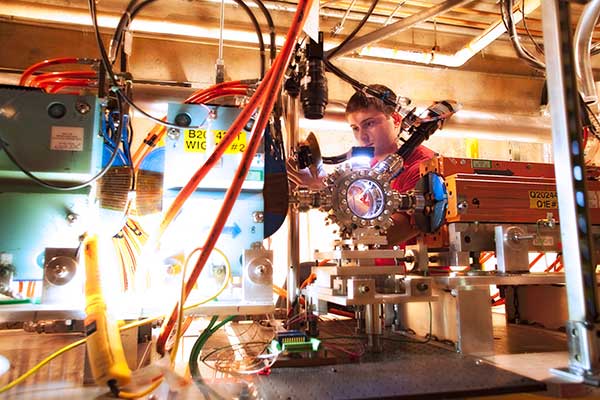In this week’s Acton Commentary, Acton Research Director Samuel Gregg looks at how “scientism” treats the scientific method as the only way of knowing anything and everything. Without dismissing the real achievements of modern science, he notes that “one side-effect of these triumphs was that some began treating the empirical sciences as the only form of true reason and the primary way to discern true knowledge … ”
Notwithstanding these serious flaws with scientism, its acceptance has two effects on a society. First, it is believed that anything that can’t be quantified is subjective, relative, arbitrary, a matter of opinion, or a reflection of the emotions. The idea of God, then, is reduced, at best, to knowledge of the mathematical structures that undergird nature. This might point to a hypothesis of the type of First Cause proposed by Deists and some Greek philosophers. Outside this framework, however, God becomes a matter of subjective opinion and pious customs—that is to say, meaningless …
The second effect of scientism is that it encourages imperialist tendencies in the natural sciences. Instead of dismissing everything unquantifiable as mere opinion, we seek to bring everything under the scientific method. A prominent example of such thought is the use of evolutionary theory to explain morality. The near-universal prohibition of incest, for instance, is explained as an evolutionary adaptation that prevented inbreeding, enhancing the strength of the human species. That’s a descriptive position — that is, an attempt to describe how a moral norm came to be established. But it also assumes — for it makes no effort to prove — that no moral knowledge or moral reasoning is innate to human beings.
Read “The specter of scientism” by Samuel Gregg. His commentary is excerpted from his new book Reason, Faith, and the Struggle for Western Civilization (Washington D.C.: Regnery Gateway, 2019) available for order in the Acton book shop. And sign up for the weekly Acton newsletter at the top of the blog.
Photo: A graduate student works on a particle accelerator at the SLAC National Accelerator Laboratory. U.S. Department of Energy. (Public Domain).

